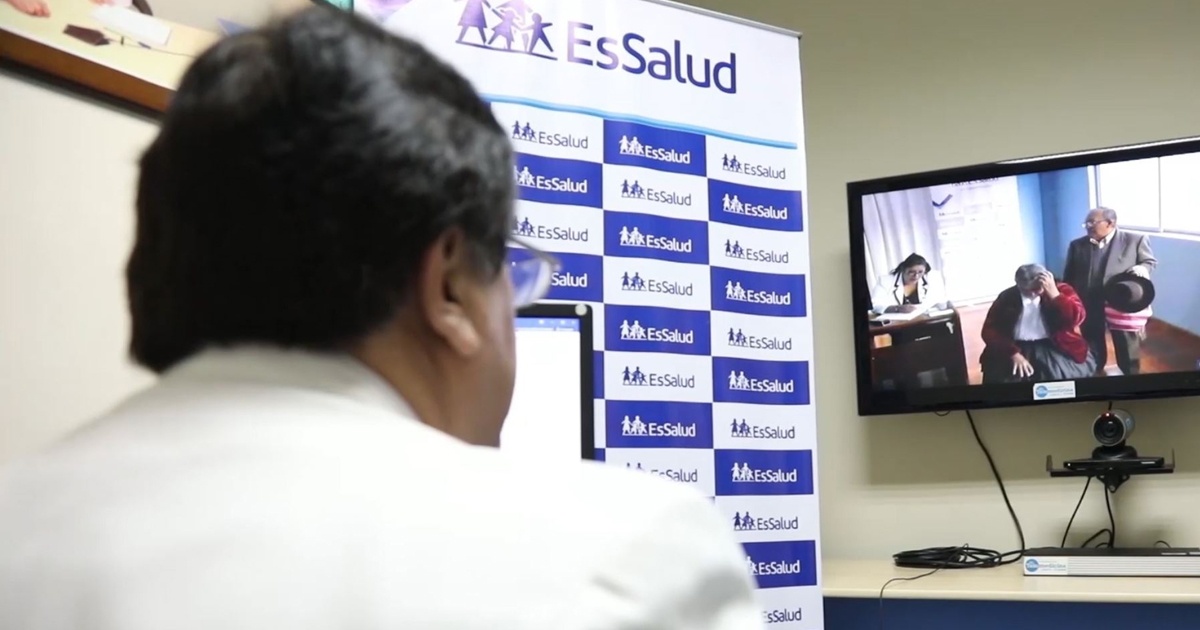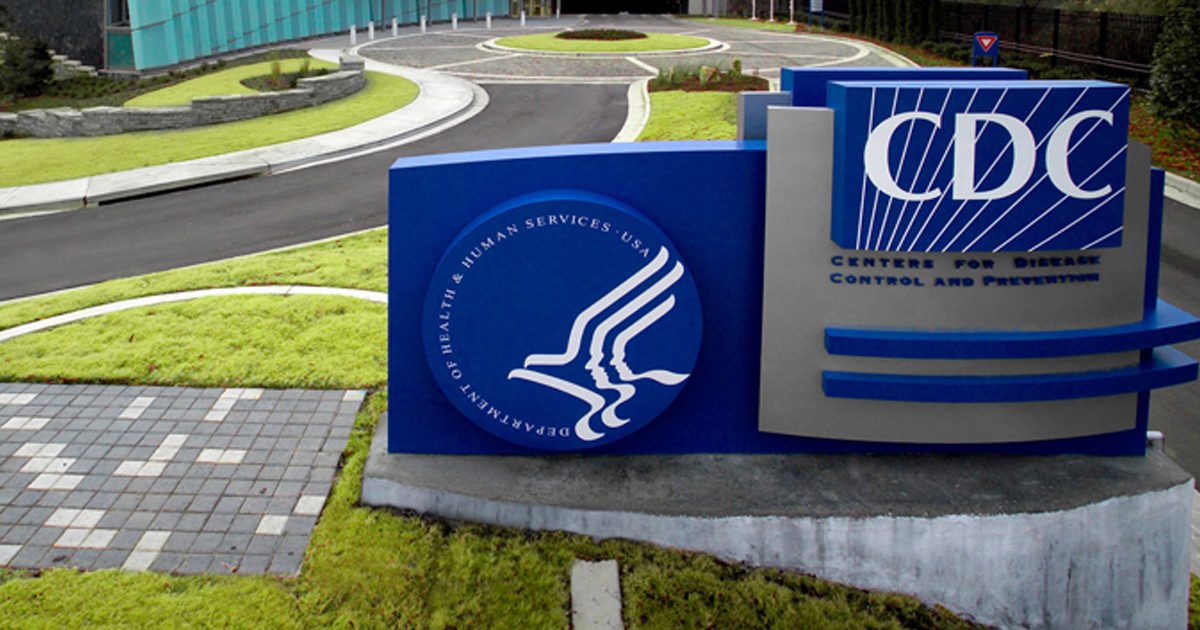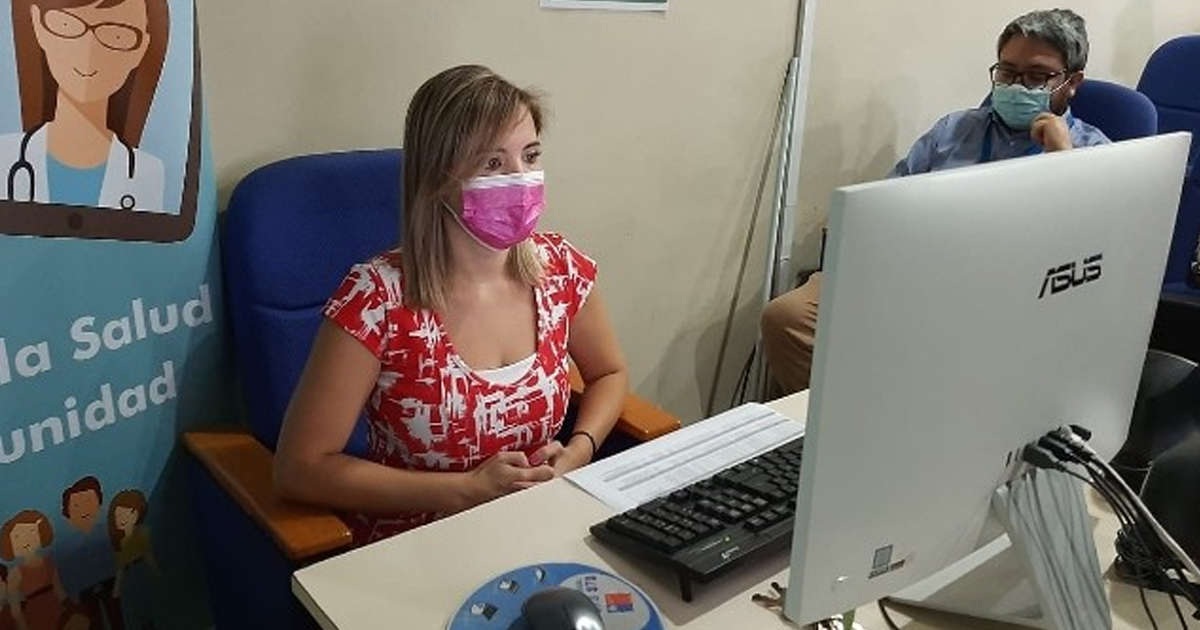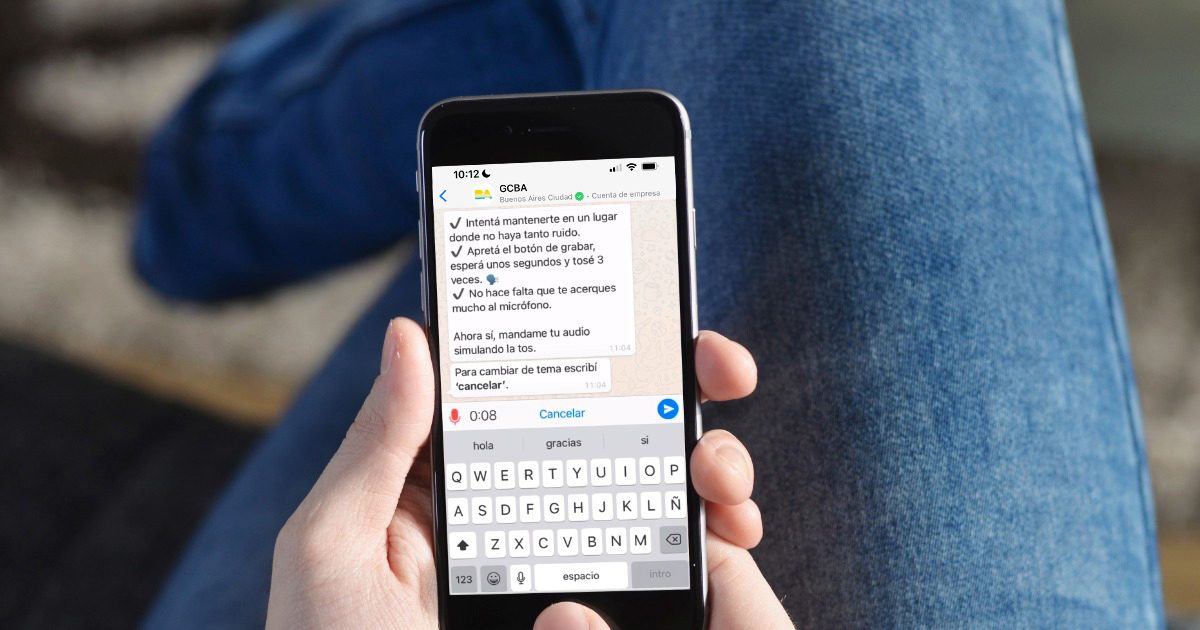The Emergency Medical Care Service (SAME) of the City of Buenos Aires agrees with Microsoft and an Argentine technology company to equip its mobile unit for the next three years.
The SAME depends on the Ministry of Health of the City of Buenos Aires, and handles the pre-hospital emergencies or emergencies of the inhabitants of the city. According to Federico Villagrán, head of operations 107 of the SAME, prior to the pandemic in the SAME performed about 200 to 800 daily care, however, during the pandemic, there was a significant increase in the need for emergency services, especially for medical care for COVID patients, so they now perform between 1,500 and 1,600 daily aid.
Following the need to improve the efficiency of services and provide specialized support, this agreement enabled the incorporation of new technologies, such as telemedicine into same mobile units. Among the new equipment is the Mobile Diagnostic Center (CDM), a telemedicine team, developed by the National University of Rosario and an Argentine technology company. It is a laptop that allows you to perform four studies, electrocardiogram of 12 derivations, measure blood pressure, blood oximetry and temperature.
Through the CDM, health professionals can consult the studies remotely and consult the transmission of these in real time, in addition it is possible to make videoconferences so that the specialist communicates with the paramedic or the same patient. For the operation of the CDE, six notebooks and two telemedicine equipment were delivered for doctors to carry out remote monitoring from the SAME facilities.
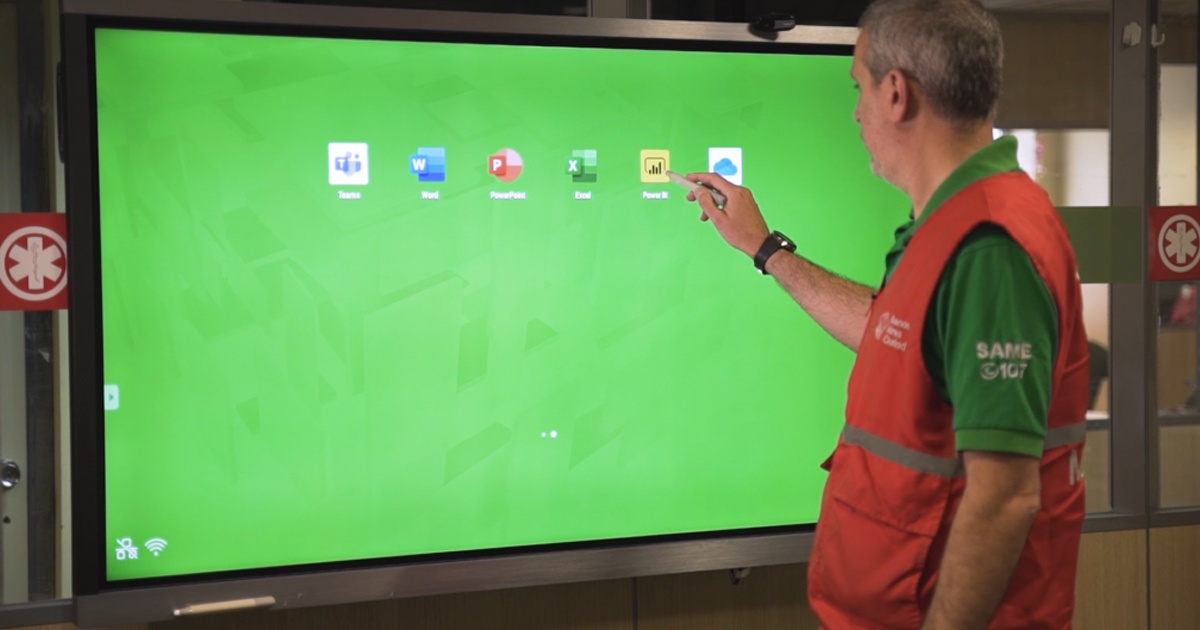
The agreement will last for three years, and during that period, both companies will continue to equip the SAME units, adapting to their needs with the aim of improving the coordination of mobile units and reducing response time to an emergency.
Villagrán recognized the benefits of incorporating telemedicine into mobile units: “Depending on the situations we can add any type of specialist online to have a more measured criteria than what is happening to the patient and therefore assign it to the most appropriate place to solve its pathology”.
The use of such technology benefits from collaboration between health personnel and emergency staff, as a patient may be evaluated by a specialist physician before arriving at the hospital.


